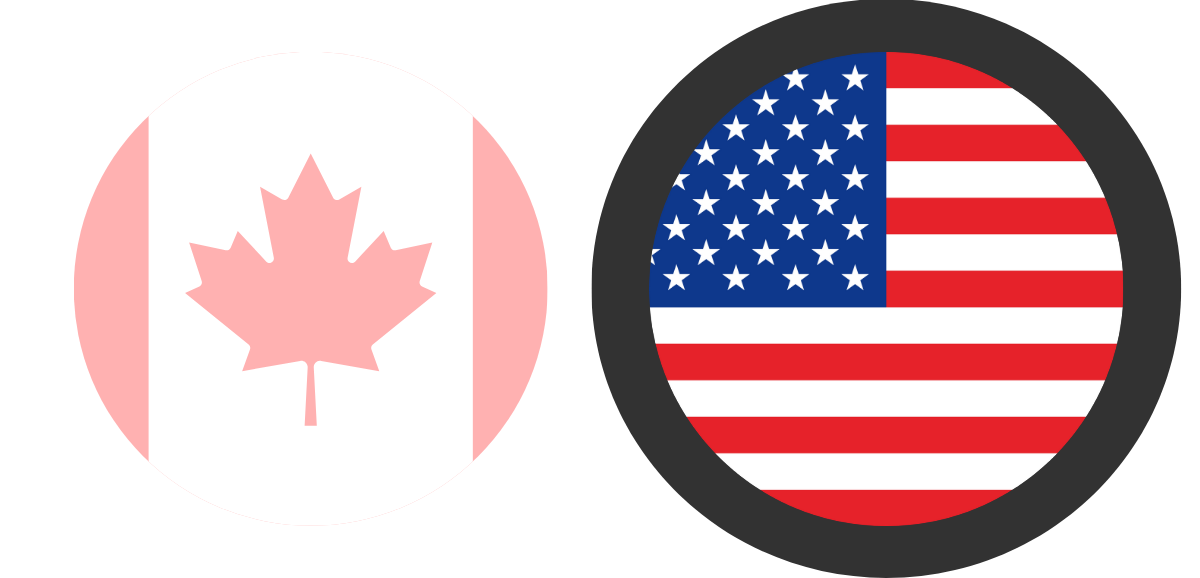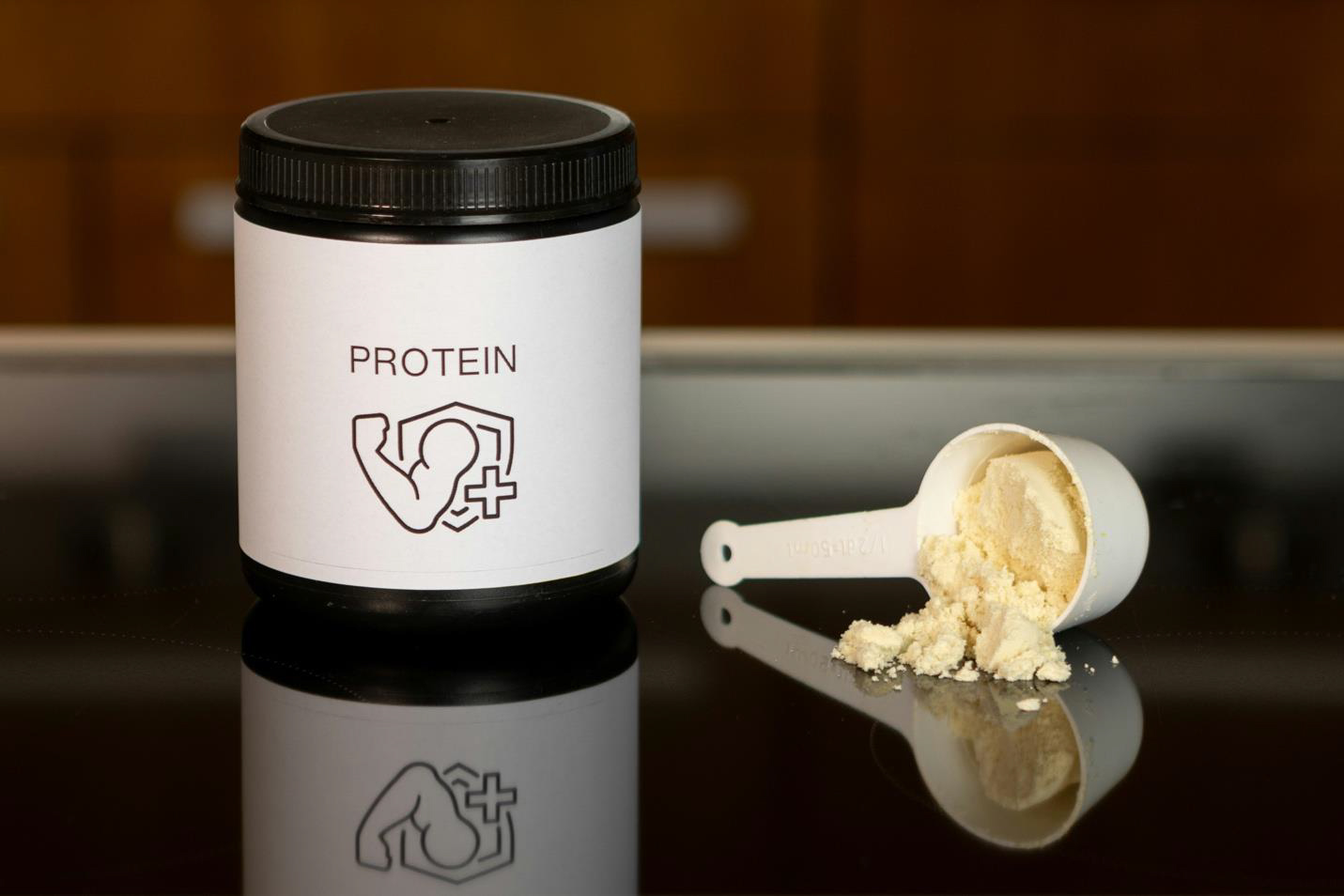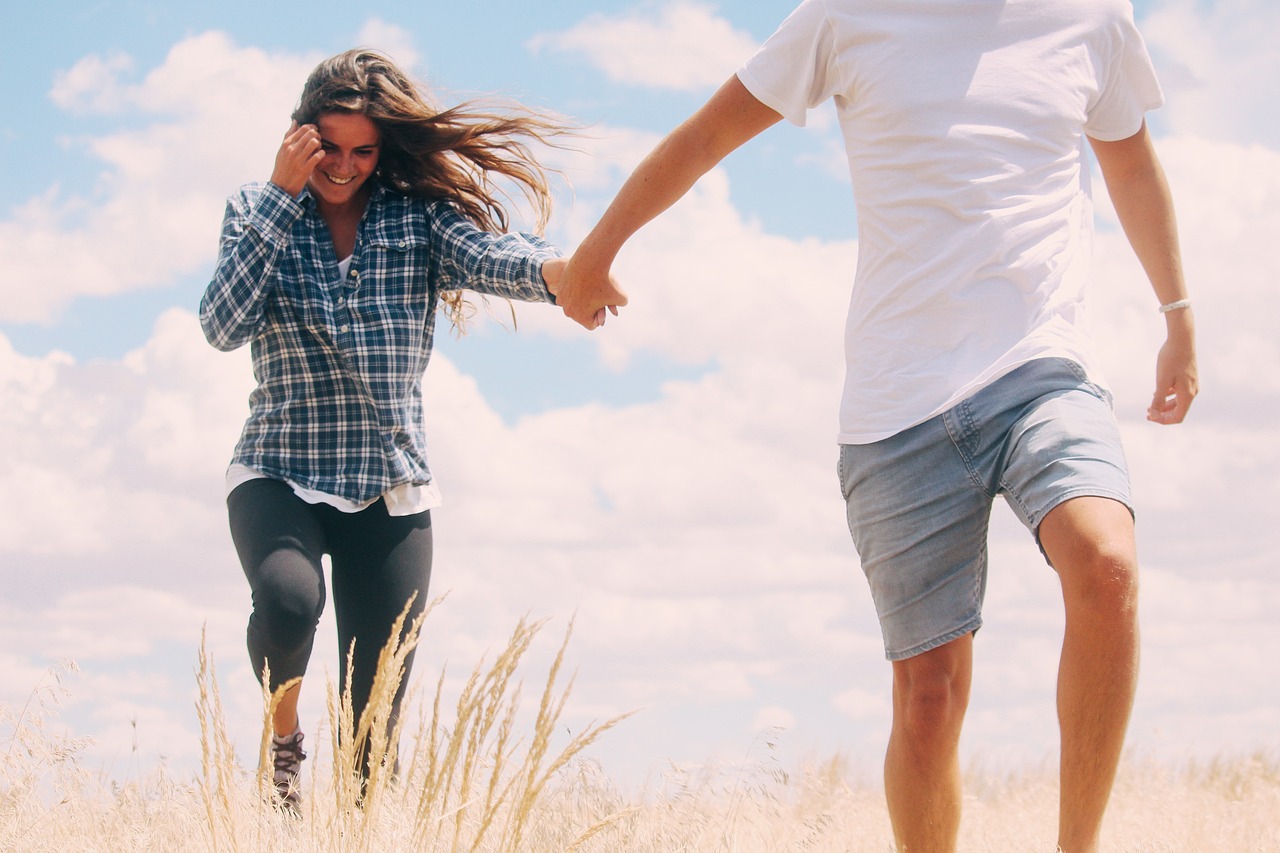The testosterone connection


Exercise and supplements
Supplements and your hair
Protein




Creatine
Creatine is a chemical compound made from amino acids. About half the creatine in the body is naturally produced in the liver, pancreas and kidneys. It can also be acquired in the diet through red meat and fish, and wild game is the richest source of creatine. It is stored in the skeletal muscles, where it gets broken down from physical activity and used for muscle contractions. Creatine supplements increase the amount available in the muscles and help increase energy and performance, maximize muscle building and improve recovery time. As a supplement, it is available in powder, liquid and capsule forms.
HGH and steroids


Vitamin supplements
CoQ10
A little extra help


SOURCES
1. https://www.thehairypill.com.au/fitness-hair-loss-whats-the-relationship – Fitness & Hair Loss: What’s the Relationship?
2. https://www.hairmdindia.com/blog/do-workout-supplements-really-affect-hair-growth/ – Do Workout Supplements Really Affect Hair Growth?
3. https://www.reddit.com/r/FemaleHairLoss/comments/1gu3cdm/supplements_that_cause_hair_loss/?rdt=39938 – Supplements That Cause Hair Loss (Reddit)
4. https://www.healthline.com/health/creatine-hair-loss – Creatine and Hair Loss
5. https://www.hairmdindia.com/blog/does-protein-powder-cause-hair-loss/ – Does Protein Powder Cause Hair Loss?
6. https://fitbod.me/blog/can-you-get-stronger-without-creatine/ – Can You Get Stronger Without Creatine?
7. https://www.uniquehairconcepts.com/blog/the-effect-caffeine-has-on-hair-and-skin.html#gref – The Effect of Caffeine on Hair and Skin
8. https://pmc.ncbi.nlm.nih.gov/articles/PMC5315033/ – Hair Loss and Diet: Insights
9. https://www.healthline.com/nutrition/foods-for-hair-growth – Foods for Hair Growth
10. https://www.sciencedirect.com/sdfe/pdf/download/eid/1-s2.0-0738081X88900703/first-page-pdf – Hair Loss: Science and Research
11. https://www.ncbi.nlm.nih.gov/books/NBK278957/ – Human Nutrition and Hair Loss
12. https://hairscience.org/news/minoxidil-shedding/ – Minoxidil and Shedding
13. https://www.mayoclinic.org/diseases-conditions/hair-loss/diagnosis-treatment/drc-20372932 – Hair Loss: Diagnosis and Treatment (Mayo Clinic)
14. https://1stphorm.com/blogs/news/vitamins-for-working-out – Vitamins for Working Out
15. https://www.mountsinai.org/health-library/supplement/coenzyme-q10 – Coenzyme Q10 and Its Effects
16. https://coremedicalgrp.com/human-growth-hormone-hgh-and-hair-growth/ – HGH and Hair Growth
17. https://healthgains.com/hormone-therapy/hgh-growth-hormone-therapy/is-hgh-a-steroid/ – Is HGH a Steroid?
18. https://coremedicalgrp.com/human-growth-hormone-hgh-and-hair-growth/ – HGH and Hair Growth
19. https://www.mayoclinic.org/drugs-supplements-creatine/art-2034759 – Creatine Supplements (Mayo Clinic)
20. https://advancedchemtech.com/what-is-the-difference-between-peptides-and-steroids/ – Difference Between Peptides and Steroids
21. https://www.personanutrition.com/blog/supplements-grow-hair/ – Supplements That Grow Hair
22. https://pmc.ncbi.nlm.nih.gov/articles/PMC4180734/ – Hair Growth and Supplements: Insights





